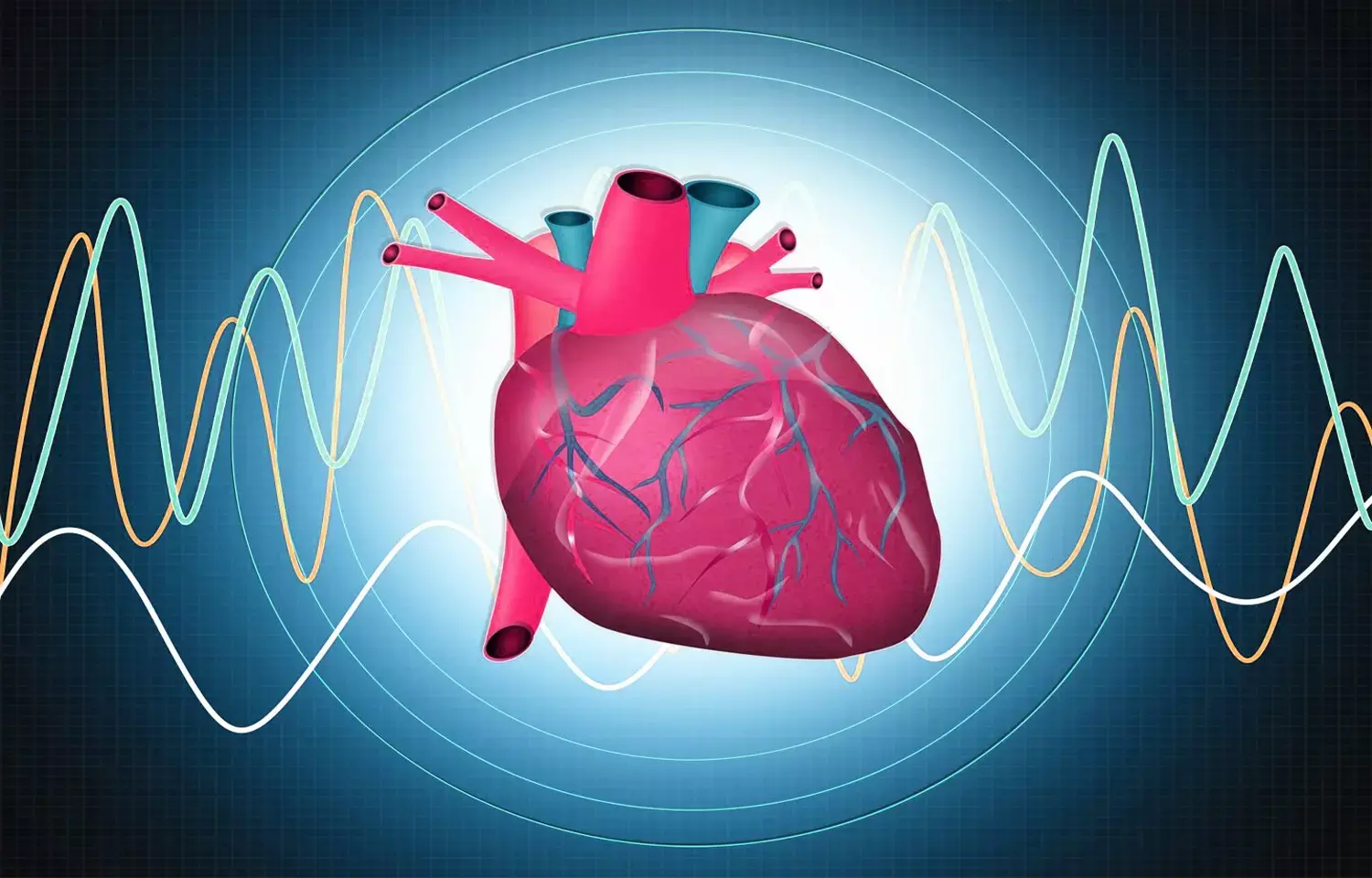- Home
- Medical news & Guidelines
- Anesthesiology
- Cardiology and CTVS
- Critical Care
- Dentistry
- Dermatology
- Diabetes and Endocrinology
- ENT
- Gastroenterology
- Medicine
- Nephrology
- Neurology
- Obstretics-Gynaecology
- Oncology
- Ophthalmology
- Orthopaedics
- Pediatrics-Neonatology
- Psychiatry
- Pulmonology
- Radiology
- Surgery
- Urology
- Laboratory Medicine
- Diet
- Nursing
- Paramedical
- Physiotherapy
- Health news
- Fact Check
- Bone Health Fact Check
- Brain Health Fact Check
- Cancer Related Fact Check
- Child Care Fact Check
- Dental and oral health fact check
- Diabetes and metabolic health fact check
- Diet and Nutrition Fact Check
- Eye and ENT Care Fact Check
- Fitness fact check
- Gut health fact check
- Heart health fact check
- Kidney health fact check
- Medical education fact check
- Men's health fact check
- Respiratory fact check
- Skin and hair care fact check
- Vaccine and Immunization fact check
- Women's health fact check
- AYUSH
- State News
- Andaman and Nicobar Islands
- Andhra Pradesh
- Arunachal Pradesh
- Assam
- Bihar
- Chandigarh
- Chattisgarh
- Dadra and Nagar Haveli
- Daman and Diu
- Delhi
- Goa
- Gujarat
- Haryana
- Himachal Pradesh
- Jammu & Kashmir
- Jharkhand
- Karnataka
- Kerala
- Ladakh
- Lakshadweep
- Madhya Pradesh
- Maharashtra
- Manipur
- Meghalaya
- Mizoram
- Nagaland
- Odisha
- Puducherry
- Punjab
- Rajasthan
- Sikkim
- Tamil Nadu
- Telangana
- Tripura
- Uttar Pradesh
- Uttrakhand
- West Bengal
- Medical Education
- Industry
SGLT2 inhibitors- diabetes medication that could revolutionise heart failure treatment

CAPTION
Novel biomarkers predict the development of incident heart failure.
CREDIT
MostPhotos/Rossella Apostoli.
SGLT2 inhibitors originally used for patients with diabetes is the first group of drugs that could revolutionise treatment of heart failure, according to new research from the University of East Anglia.
Early research had shown that Sodium-glucose co-transporter-2 (SGLT2) inhibitors could help around half of heart failure patients – those with a condition known as reduction ejection fraction.
But new findings published today show that the medication could be beneficial for all heart failure patients - including those with a second type of heart failure called preserved ejection fraction.
It is the first drug to provide a real benefit in terms of improving outcomes for these patients. And the research team say it will revolutionise treatment options.
Lead researcher Prof Vass Vassiliou, from UEA's Norwich Medical School and an Honorary Consultant Cardiologist at the Norfolk and Norwich University Hospital, said: "Heart failure is a condition where the heart is not pumping as well as it should, and it affects about one million people in the UK.
"There are two types of heart failure. Heart Failure with a reduction in ejection fraction happens when the heart is unable to pump blood round the body due to a mechanical issue. And heart failure with preserved ejection fraction happens when, despite the heart pumping out blood well, it is not sufficient to provide oxygen to all the parts of the body.
"Patients are equally split between the two types of heart failure.
"For many years there was not a single medicine that could improve the outcome in patients with the second type of heart failure – those patients with preserved ejection fraction.
"This type of heart failure had puzzled doctors, as every medicine tested showed no benefit.
"One class of heart medication, called SGLT2 inhibitors, was initially used for patients with diabetes. However, it was noticed that it also helped patients who had heart failure.
"Previous studies had shown that this medication would be beneficial in heart failure with reduced ejection fraction.
"But we found that it can also help heart failure patients with preserved ejection fraction."
SGLT2 inhibitors are more commonly known under their trade-names Forxiga (Dapagliflozin), Invokana (Canagliflozin), and Jardiance (Empagliflozin).
The research team undertook a meta-analysis of all studies published in the field and brought together data from almost 10,000 patients. They used statistical modelling to show the specific effect of these medicines.
Prof Vassiliou said: "We found that patients taking SGLT2 inhibitors were 22 per cent less likely to die from heart-related causes or be hospitalised for heart failure exacerbation than those taking placebo.
"This is very important because this is the first medication that can provide a benefit to this previously untreatable group of patients - in terms of heart-related deaths or hospitalisation.
"This is the first medication that can really improve the outcomes for this patient group and it will revolutionise the treatment offered to heart failure patients," he added.
This study was led by researchers at UEA in collaboration with the Norfolk and Norwich University Hospital, Imperial College London and Imperial College NHS Trust, and Cambridge University Hospitals.
Sodium Glucose Co-transporter 2 (SGLT2) inhibitors in Heart Failure with Preserved Ejection Fraction: A systematic review and meta-analysis' is published in the European Journal of Preventive Cardiology on December 1, 2021.
Hina Zahid Joined Medical Dialogue in 2017 with a passion to work as a Reporter. She coordinates with various national and international journals and association and covers all the stories related to Medical guidelines, Medical Journals, rare medical surgeries as well as all the updates in the medical field. Email: editorial@medicaldialogues.in. Contact no. 011-43720751
Dr Kamal Kant Kohli-MBBS, DTCD- a chest specialist with more than 30 years of practice and a flair for writing clinical articles, Dr Kamal Kant Kohli joined Medical Dialogues as a Chief Editor of Medical News. Besides writing articles, as an editor, he proofreads and verifies all the medical content published on Medical Dialogues including those coming from journals, studies,medical conferences,guidelines etc. Email: drkohli@medicaldialogues.in. Contact no. 011-43720751


